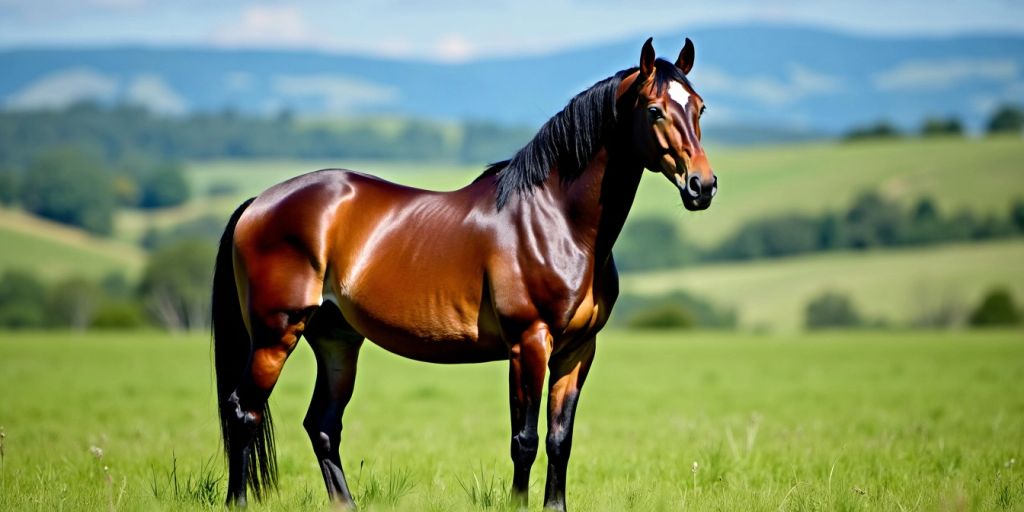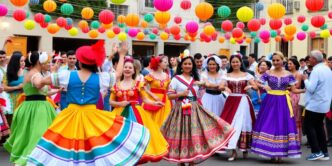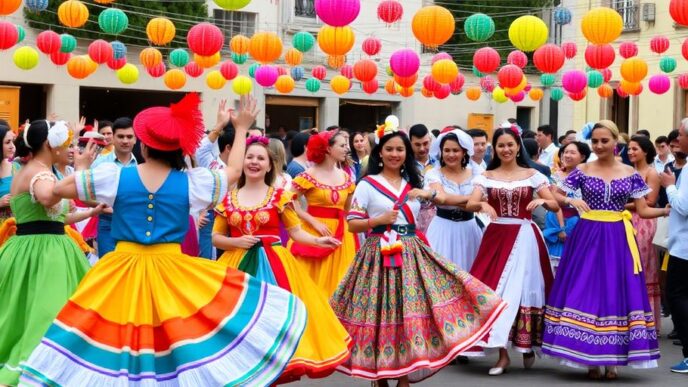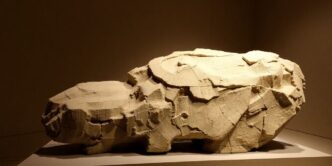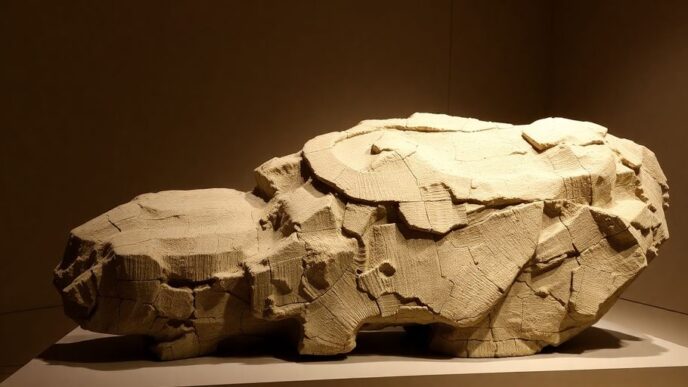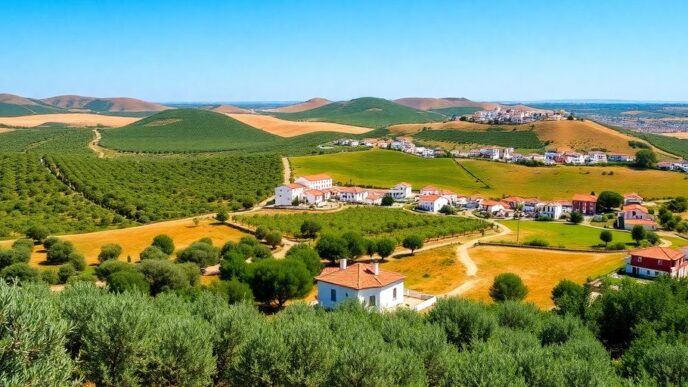The History and Origins of Lusitano Horses
Ancient Beginnings in the Iberian Peninsula
The Lusitano horse has a rich history that dates back over 25,000 years. Its ancestors, the Sorraia horses, roamed the Iberian Peninsula. These horses were domesticated by early inhabitants for various purposes, primarily:
- Hunting
- Agriculture
- Warfare
Influence of Different Cultures
Throughout history, the Lusitano horse has been shaped by various cultures. The breed was influenced by:
- Roman breeding practices
- Arabian horses brought by traders
- North African breeds that enhanced its agility and strength
The Golden Age of Breeding
The 18th century marked a golden age for Lusitano horses, especially under the reign of Queen Maria Ana of Austria and King João V. They established the Alter Royal Stud Farm in 1748, which continues to breed these magnificent horses today. This period was crucial for:
- Preserving the breed’s unique traits
- Enhancing its reputation in equestrian sports
- Establishing breeding standards that are still followed
Modern-Day Breeding Practices
Today, Lusitano horses are bred with a focus on:
- Bloodlines that honor their heritage
- Beauty and physical attributes
- Temperament that makes them suitable for various equestrian disciplines
Breeders aim to maintain the noble character of these horses, ensuring they remain a vital part of Portuguese culture. The bond between horse and rider is celebrated in many events, showcasing the soulful essence of Portugal.
Distinctive Characteristics of Lusitano Horses

Lusitano horses are known for their unique features that make them stand out in the equestrian world. Here are some of their most distinctive characteristics:
Physical Attributes
- Size: Lusitano horses typically stand between 15 to 16 hands high, making them a medium-sized breed.
- Build: They have a compact and muscular body, with strong hindquarters and long legs that contribute to their agility.
- Coat Colors: These horses come in various solid colors, including gray, bay, and chestnut, with palomino and cremello being rarer.
Temperament and Behavior
- Intelligence: Lusitanos are known for their high intelligence, making them easy to train and responsive to commands.
- Personality: They are often described as brave and willing, which makes them great partners in various equestrian activities.
- Sensitivity: These horses are sensitive to their rider’s cues, allowing for a strong bond between horse and rider.
Color Variations
- Common Colors: The most common colors include gray and bay, but they can also be found in chestnut and black.
- Rare Colors: Palomino and cremello are less common and highly sought after by breeders and enthusiasts.
- Markings: Some Lusitanos may have unique markings, adding to their individual beauty.
Unique Abilities and Skills
- Versatility: Lusitano horses excel in various disciplines, including dressage, bullfighting, and working equitation.
- Agility: Their strong build and quick reflexes make them agile and capable of performing complex maneuvers.
- Endurance: They are known for their stamina, allowing them to perform well in long rides and competitions.
Overall, Lusitano horses are not just beautiful; they are also intelligent and versatile, making them a cherished breed in Portugal and beyond.
The Role of Lusitano Horses in Equestrian Sports

Lusitano horses play a significant role in various equestrian sports, showcasing their versatility and unique skills. Here’s a closer look at their contributions:
Dressage and Show Jumping
- Precision and Grace: Lusitanos are known for their elegant movements, making them ideal for dressage competitions.
- Agility: Their natural agility allows them to excel in show jumping events, where quick reflexes are essential.
- Training: Many Lusitanos undergo extensive training to master complex routines and jumps.
Bullfighting and Traditional Uses
- Cultural Heritage: In Portugal, Lusitanos are traditionally used in bullfighting, showcasing their bravery and agility.
- Ranch Work: These horses are also utilized for various ranch tasks, demonstrating their utility beyond competitive sports.
- Symbol of Pride: Their involvement in bullfighting is a point of pride in Portuguese culture, reflecting a deep bond between horse and rider.
Competitive Carriage Racing
- Speed and Endurance: Lusitanos are recognized for their speed and stamina, making them excellent competitors in carriage racing.
- Teamwork: They often work in teams, showcasing their ability to cooperate with other horses.
- Showmanship: Their striking appearance adds to the spectacle of carriage racing events.
Working Equitation
- Versatility: This sport combines elements of dressage and obstacle courses, where Lusitanos shine due to their training and adaptability.
- Skill Development: They are trained to navigate various obstacles, reflecting their intelligence and willingness to learn.
- Cultural Significance: Working equitation highlights the traditional skills of horse handling, further solidifying the Lusitano’s place in Portuguese culture.
In summary, Lusitano horses are not just beautiful creatures; they are integral to various equestrian sports, showcasing their unique abilities and deep-rooted cultural significance.
Lusitano Horses in Portuguese Culture
Lusitano horses are not just animals; they are a vital part of Portugal’s history and culture. Their presence can be felt in various aspects of Portuguese life, from traditional events to modern celebrations. Here’s how they play a significant role:
Historical Significance
- Ancient Roots: The Lusitano horse has origins that date back thousands of years, making it a symbol of Portugal’s rich history.
- Cultural Icons: These horses have been featured in literature and art, showcasing their importance in Portuguese heritage.
- Royal Connections: During the 18th century, Lusitanos were bred in royal stables, highlighting their status among nobility.
Modern-Day Celebrations and Events
- Festivals: Various festivals celebrate the Lusitano horse, where people gather to admire their beauty and skills.
- Competitions: Equestrian events often feature Lusitanos, showcasing their agility and training.
- Cultural Shows: Performances that highlight traditional riding styles and techniques are popular, drawing crowds from all over.
Famous Lusitano Horses
- Notable Figures: Some Lusitano horses have gained fame for their exceptional skills in competitions and shows.
- Legends: Stories of legendary Lusitano horses are passed down through generations, adding to their mystique.
- Influence on Breeding: Famous Lusitanos have influenced breeding practices, ensuring the continuation of their noble lineage.
The Bond Between Horse and Rider
- Mutual Respect: The relationship between Lusitano horses and their riders is built on trust and respect, often seen in training and competitions.
- Cultural Symbol: This bond represents the deep connection between the Portuguese people and their national horse, making it a symbol of pride.
- Training Traditions: The methods used to train Lusitanos reflect centuries of tradition, emphasizing the importance of understanding and partnership.
In summary, Lusitano horses are a cherished part of Portugal’s culture, embodying the spirit and history of the nation. Whether in the arena or at a festival, they continue to captivate hearts and minds, making them a true national treasure.
Frequently Asked Questions
What are Lusitano horses known for?
Lusitano horses are famous for their beauty, strength, and agility. They are often used in various equestrian sports and have a gentle nature, making them great companions for riders.
Where do Lusitano horses originate from?
Lusitano horses come from Portugal, specifically the Iberian Peninsula. They have a long history, dating back thousands of years, and are considered one of the oldest horse breeds in the world.
How are Lusitano horses trained?
Lusitano horses are trained for many activities, including dressage, jumping, and even traditional events like bullfighting. They are known for their intelligence and willingness to learn, which makes training enjoyable.

